Deskripsi
Spesifikasi
- Produk yang tersedia: Biji Kopi Hijau, Biji Kopi Panggang, Kopi Bubuk
- Jenis: Arabika
- Screen Size: 15-18
- Moisture: Max 12%
- Triage: 7-9%
- Defect Value: Max 10%
- Cupping Score: 82-88
- Tahun Panen: 2024
- Ukuran Lot: 200
- Ukuran tas: 60 KG
- Pengemasan: GrainPro Liner
- Certifications: Fair Trade, Organic, USDA, Rain Forest Alliance, Halal
Karakteristik
- Fragrance/Aroma: Honeyed sweetness with mild fruity notes
- Flavor: Rich, sweet with hints of caramel and subtle acidity
- Acidity: Medium, bright
- Body: Full, smooth
Deskripsi Skema
- Time from Flowers to Be Berry: 8-9 Months
- Production (Kg/Ha): 800 to 1500
- Optimal Temperature: 18 to 28°C
- Optimal Rainfall: 1000 to 2500 mm
- Altitude: 1000 to 1500 from Sea Level (asl)
- Soil Type: Fertile volcanic soil rich in micronutrients
- Negara Asal: Indonesia
- Production Areas: Aceh (Takengon, Bener Meriah, Angkup, Sukarame, Bies, Jagung, Sabun, Pondokbaru); Bali (Tabanan); East Java (Tlogosari, Argopuro)
- Kandungan Kafein: 0,8 hingga 1,4%
- Form of Seeds: Flat with a clear central line
- Character Stew: Mild acidity, chocolate, floral, caramel, with a strong yet smooth body
- Method of Harvest: Manual and mechanical harvesting
- Processing Method: Honey Process (Pulped Natural)
About Honey Coffee
Bali, Gayo, and Java are renowned Indonesian coffee regions, each producing distinctive honey-processed Arabica coffees.
Bali: Grown in the Kintamani Highlands, Balinese honey coffees are processed using the honey method, where the mucilage is left on the beans during drying.
This results in a cup profile characterized by bright acidity, floral notes, and a smooth body. The volcanic soil and high altitude contribute to the coffee’s unique flavor profile.
Gayo (Aceh): Situated in the highlands of Aceh, Gayo coffee is processed using the wet-hulling method, known locally as “giling basah.”
This process imparts a distinctive earthy and spicy flavor to the coffee. The region’s high altitude and fertile soil enhance the coffee’s complex flavor profile.
Java: Java’s coffee, particularly from regions like Taman Dadar, is processed using traditional methods, including sun drying. This results in a coffee with a harmonious combination of flavors, including smoothness, balanced acidity, and a touch of distinctive sweetness.
The altitude and climatic conditions in some areas of Java favor the growth of specialty coffee varieties, contributing to the coffee’s unique flavor characteristics.


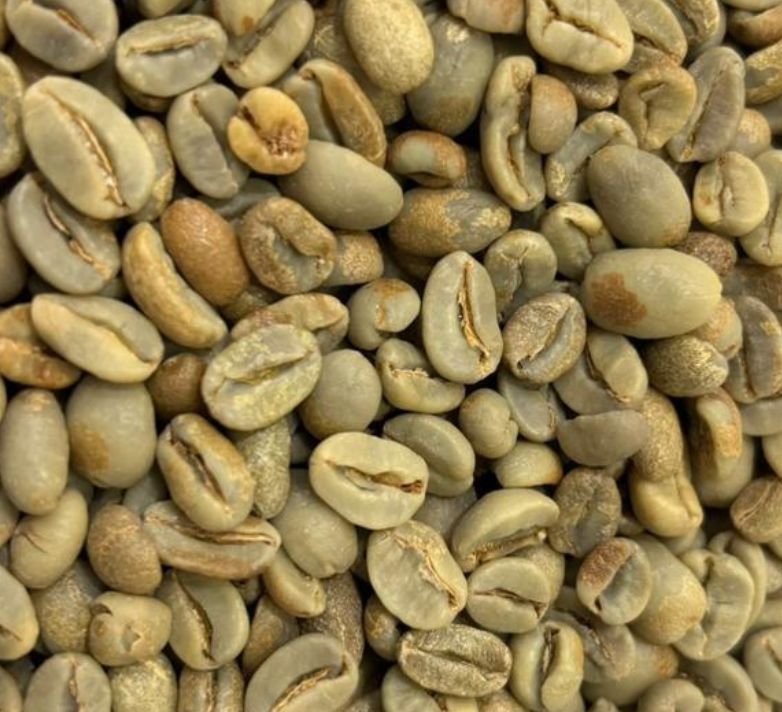
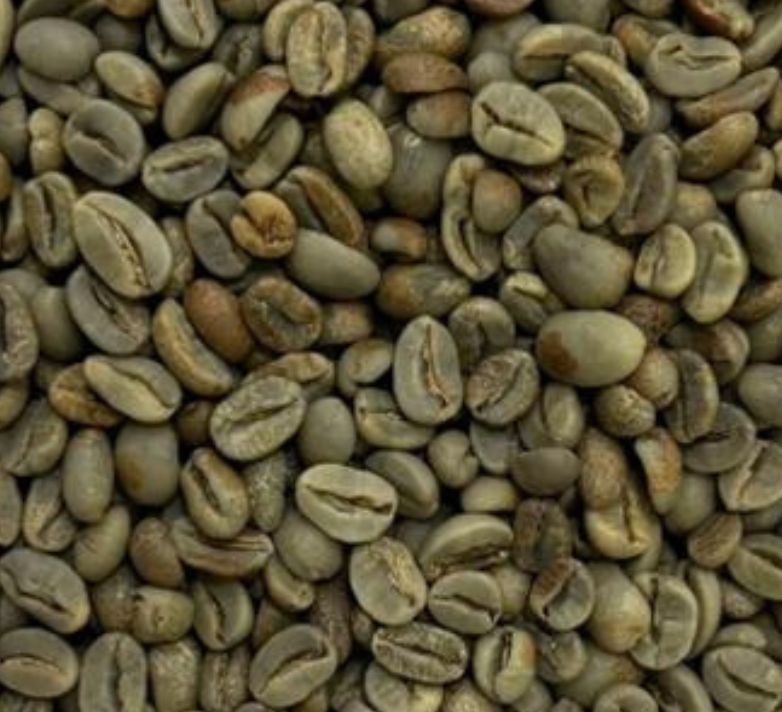
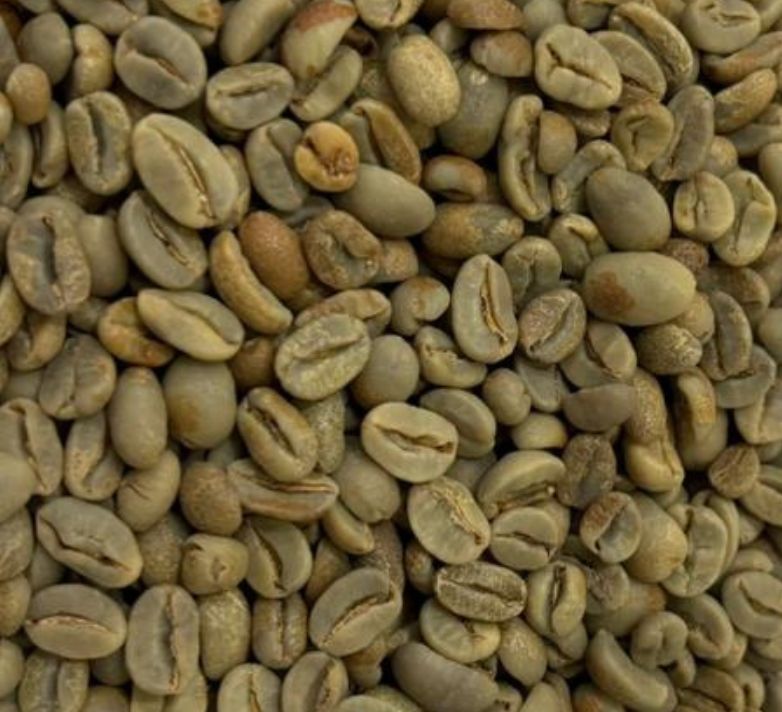
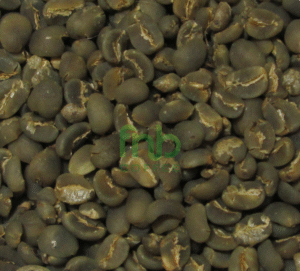
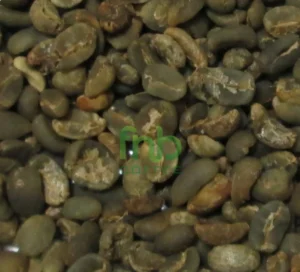
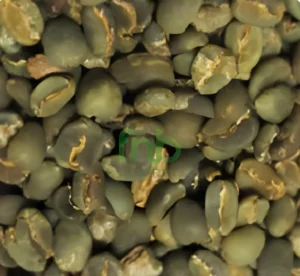
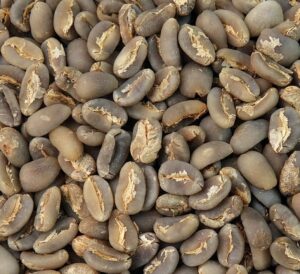








Reviews
There are no reviews yet.